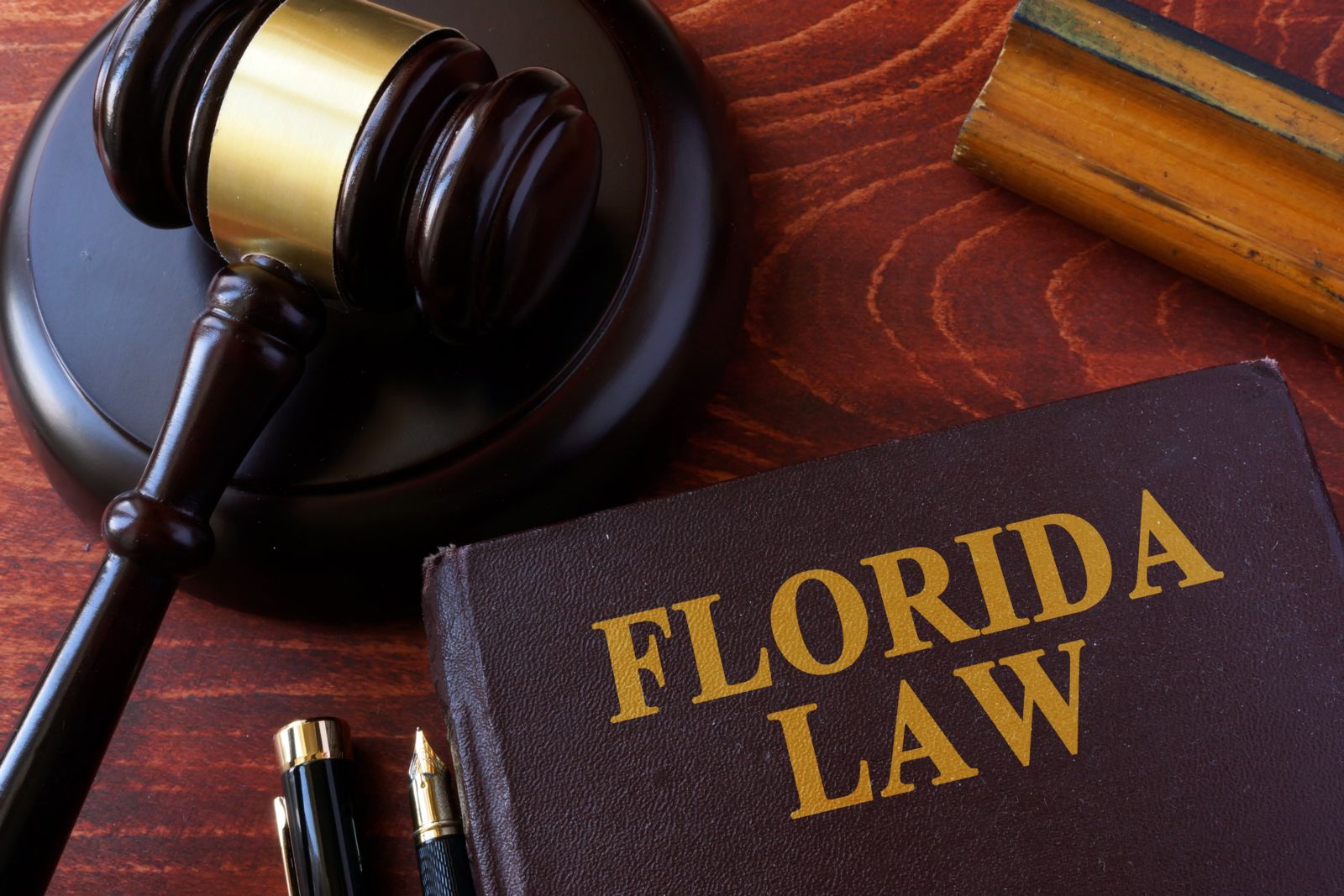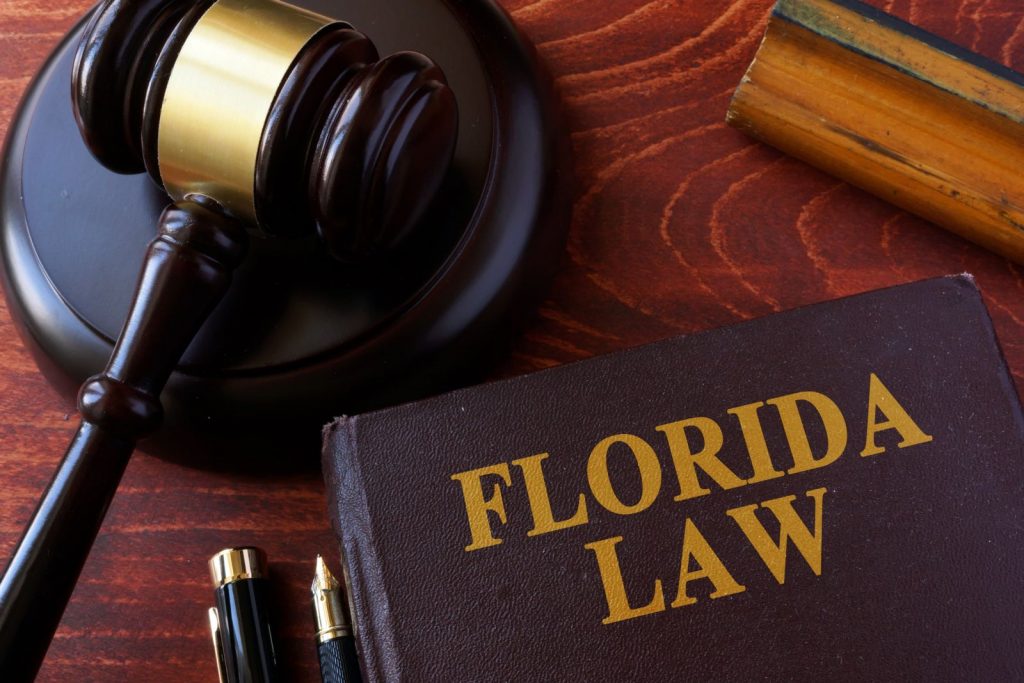What are the Requirements to be a Personal Representative in Florida?

In the state of Florida after a person dies, often a legal process called probate needs to occur in order to transfer assets from the person who died, to his or her beneficiaries. One of the most common assets that goes through probate is real estate. For example, a husband and wife own their home and when they die, their kids want to sell it. Before they can sell it, they must hire a probate attorney in order to get the property transferred into their name. *Note – there are ways to avoid probate.
As part of the probate process, the judge will name someone as the Personal Representative. This person might be referred to as the Executor or Administrator as well. If the person who died created a valid Last Will and Testament (a “Will”), it is likely that they named someone for this particular role. In that case, the probate attorney will go to court and present the Will to the judge and if the judge finds that the Will is in fact valid, then most likely he or she will sign a document called, Order Appointing Personal Representative. In Florida, that is the official document that names who the Personal Representative of the estate is. However, often a person dies without a Will, also known as “intestate”, which means that appointing the Personal Representative can be a bit trickier.
First, let’s talk about who cannot be a Personal Representative in the state of Florida. Florida Statute 733.303 specifically says that a person cannot serve as the Personal Representative if they have been convicted of a felony, is under the age of 18 years, or is mentally or physically unable to perform the duties.
Florida is a popular state for people to retire in and ultimately pass away in. However, their children might not live in Florida or be residents of Florida. Just because a person does not live in Florida, does not mean they cannot be Personal Representative. Florida Statute 733.304 does allow for nonresidents to be Personal Representative if that person is:
- “A legally adopted child or adoptive parent of the decedent;
- Related by lineal consanguinity to the decedent;
- A spouse or brother, sister, uncle, aunt, nephew, or niece of the decedent, or someone related by lineal consanguinity to any such person; or
- The spouse of a person otherwise qualified under this section.”
Generally speaking, if the person who wants to be the Personal Representative is someone related to the person who died, then they can likely be appointed as such even if they do not reside in Florida.
Without a Will, which names who the decedent chose to be their Personal Representative, the judge presiding over the probate will ultimately have the final say as to who the Personal Representative will be. Now that you know who the Personal Representative cannot be, let’s look at who can be a Personal Representative.

Florida Statute 733.301 very clearly outlines who has preference in appointment of Personal Representative. Specifically, section 3(b) states that when there is no Will, the following people have priority:
- “The surviving spouse.
- The person selected by a majority in interest of the heirs.
- The heir nearest in degree. If more than one applies, the court may select the one best qualified.”
Most of the time, if the person who passed away was married and their spouse is still alive, the surviving spouse will have priority. However, sometimes there is a surviving spouse and adult children from a previous marriage. This can create a fight between the children and their stepparent. The judge will likely still appoint the spouse as the Personal Representative but in some cases, the judge may appoint an independent party, called a Curator, to be the Personal Representative. Or the judge may decide to name the spouse and an adult child as Co-Personal Representatives. This is less common and really depends on the specifics of the probate.
Another common situation is when there is no surviving spouse but multiple adult children. If there is no Will, it is generally up to the children to decide who they want to be Personal Representative. As you can imagine, there may not be consensus amongst the siblings. Florida Statute 733.301 (3)(b) says that the majority rules. So, if there are three children and two of them agree, then the judge would likely side with their choice even if the third child disagrees with that choice.
However, sometimes none of the children agree or there are only two children and each of them want to be Personal Representative. In that case, the judge would listen to the arguments of both sides. From a practical standpoint, the judge will likely side with the sibling who has hired an attorney to represent him or her. If both siblings have an attorney, the judge will listen to both sides and make his or her determination. If it is apparent that the siblings would not be able to work together, the judge would probably appoint a Curator. Curators are normally appointed by the judge in situations where it is evident that that parties would be unable to work together and an independent person is needed to administer the estate. While Curators can be a good thing, they do charge for the service and this money usually comes out of the estate or from the heirs directly.
The good news is that Florida law is pretty clear about who can and cannot serve as the Personal Representative. This does not mean there are no fights and disputes leading up to the judge issuing Letters of Administration and appointing the Personal Representative, but it does mean that you can make an educated guess as to who the judge will appoint.
If you were named as the Personal Representative in a person’s Last Will and Testament, or believe you are entitled to serve as Personal Representative, we would encourage you to call Stivers Law at 305-456-3255. We are an estate planning and probate law firm in Miami, Florida but we handle probate administrations throughout the entire state of Florida.
As a reminder, the information provided on this blog article is only to be used for general informational purposes and not intended to be used as legal advice.


